.jpg)
Beer is one of the oldest drinks in human history, but did you know that Kombucha has a long history and is thought to have been invented over 2000 years ago?
There are many similarities between these two beverages. Beer is based on malt and barley. Kombucha is actually tea and sugar. It is then fermented with something called SCOBY, which is an acronym for "Symbiotic Colony of Bacteria and Yeast".
With beer, you use yeast to consume the sugar and make alcohol. With Kombucha, it's a similar process. The yeast is consuming the sucrose, but the difference is that the bacteria are removing the alcohol, and you are left with a fermented beverage without the alcohol. This is where the symbiotic aspect comes in handy. When the process starts it is sweeter and more sweet, but after the fermentation process it becomes drier and more sour, similar to the taste of some types of craft beer.
Kombucha started in northeastern China and traveled along the Silk Road into Eastern Europe, where it became popular in places like Russia before spreading to other parts of Europe. Since gaining popularity in the late 1990s for its low sugar content and many health benefits, Kombucha is now popular all over the world.
Brewing beer involves adding yeast to a mixture of water and grain (usually barley, but modern recipes now use many other grains) and then fermenting it for about two weeks to obtain a final product containing about 4-5% alcohol. However, with modern brewing techniques, we can brew stronger beers.
In contrast, Kombucha uses SCOBY, which is then added to a sweet tea base to achieve fermentation. The SCOBY is more like brewing vinegar than beer, it sits on top of the tea, the yeast converts the sugar to alcohol and the bacteria converts the alcohol to acetic acid.
While the final product does contain traces of alcohol, it usually ends up being less than 0.5% alcohol, which is enough to classify it as a non-alcoholic beverage and to be enjoyed by all!
If you are looking for a turnkey solution for craft beer brewery equipment, please contact us. We are looking forward to working with you. Send an email now: [email protected]
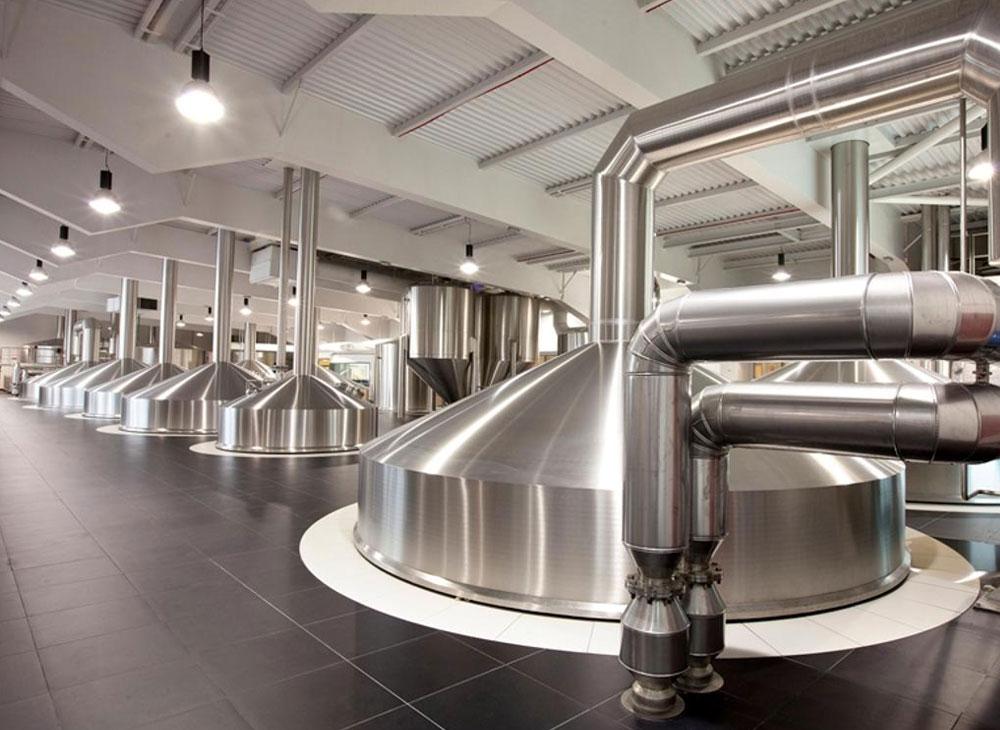
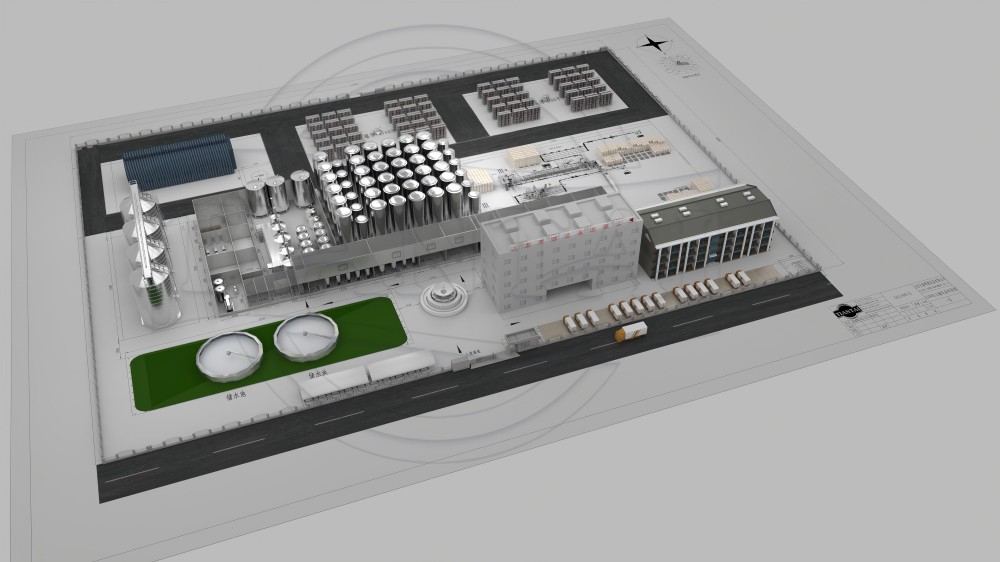
.jpg)
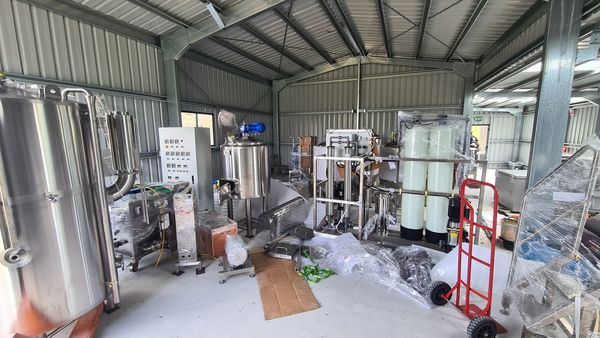
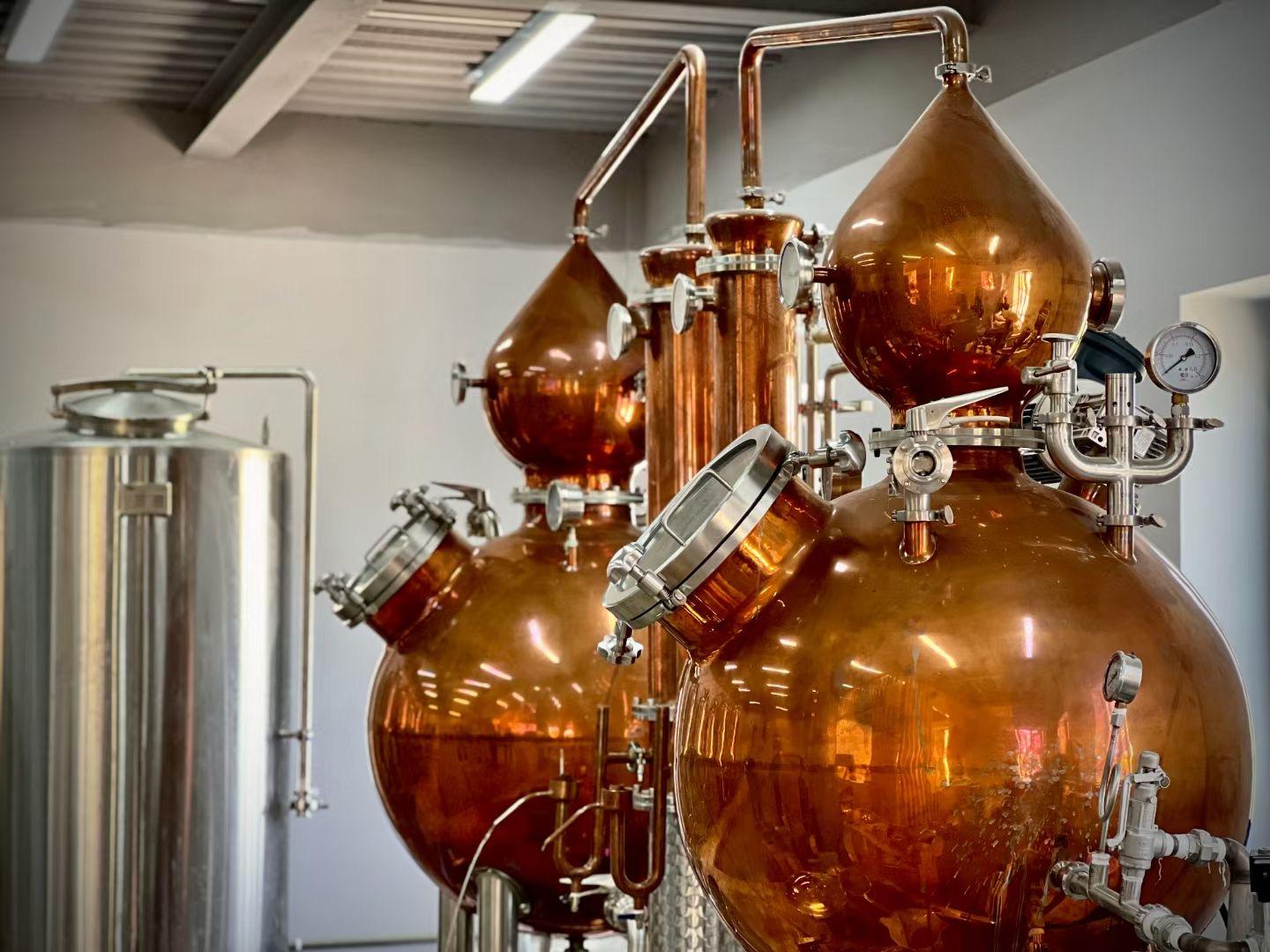
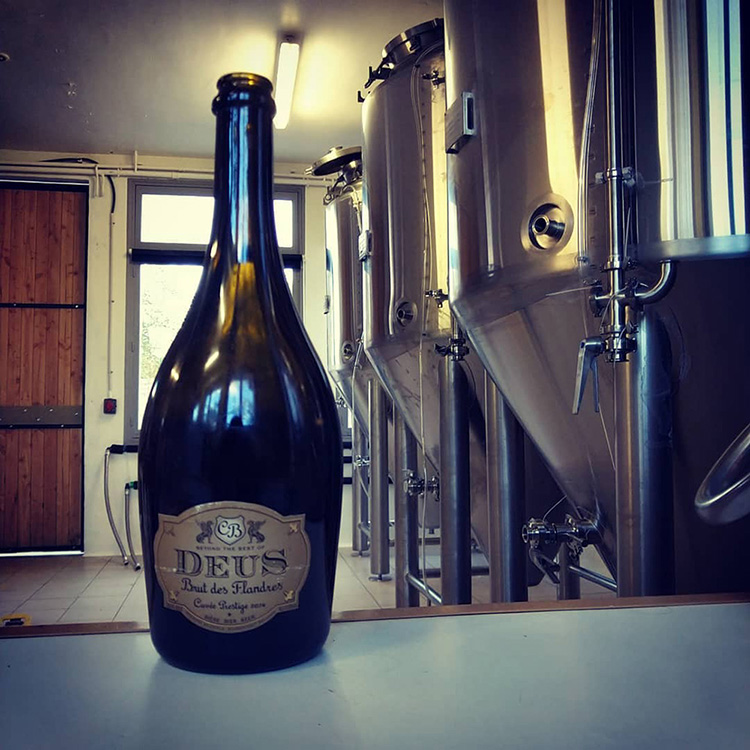
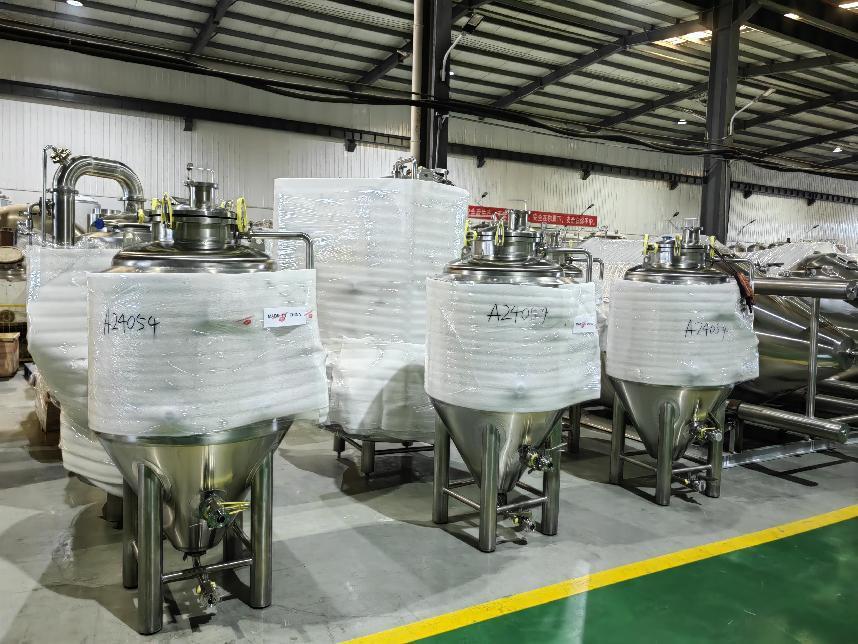
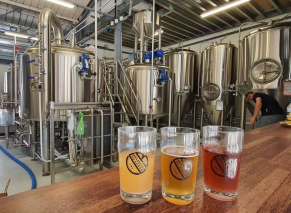
Get A Quote